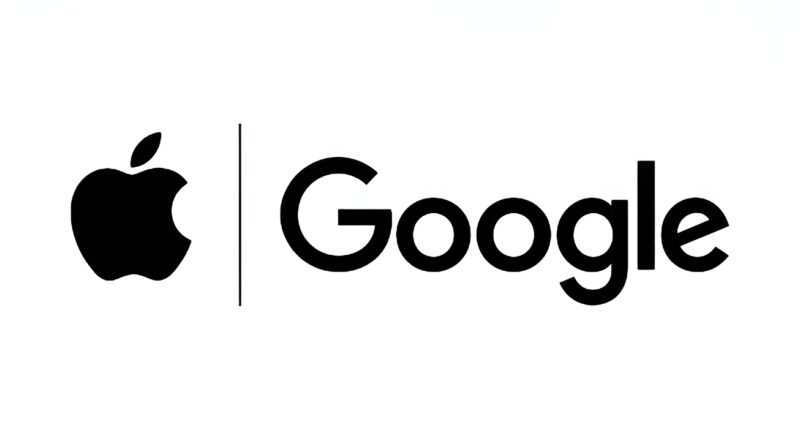Apple is planning to use a 1.2 trillion parameter artificial intelligence model developed by Google to help power its long-promised overhaul of the Siri voice assistant, marking an acknowledgement that it has fallen behind in AI and is now willing to rely on outside technology to catch up.
The iPhone maker is relying on Google’s assistance to revamp Siri’s underlying technology, setting the stage for a new suite of features next year, reports Bloomberg. The Google model’s 1.2 trillion parameters, a measure of the AI software’s complexity, would dwarf the level of Apple’s current models.
Apple had previously considered using other third-party models to handle the task. After testing Gemini, OpenAI’s ChatGPT and Anthropic’s Claude, Apple selected Google earlier this year. The hope is to use the technology as an interim solution until Apple’s own models are powerful enough.
Following an extensive evaluation period, the 2 companies are now finalising an agreement that would see Apple pay roughly $1 billion annually for access to Google’s technology. The new Siri is on track for next spring.
Advance for Intelligence
The custom Gemini system represents a significant advancement from the 150 billion-parameter model used today for the cloud-based version of Apple Intelligence. The move would significantly enhance the system’s capabilities, enabling it to process complex data and understand its context more effectively.
Known internally as Glenwood, the effort to fix Siri with a third-party model has been led by Vision Pro headset creator Mike Rockwell and software engineering chief Craig Federighi. The new voice assistant itself, planned for iOS 26.4, is code-named Linwood.
Under the arrangement, Google’s Gemini model will handle Siri’s summariser and planner functions—the components that help the voice assistant synthesise information and decide how to execute complex tasks. Some Siri features will continue to use Apple’s in-house models.
The model will run on Apple’s own Private Cloud Compute servers, ensuring that user data remains walled off from Google’s infrastructure. Apple has already allocated AI server hardware to help power the model.
Whilst the partnership is substantial, it’s unlikely to be promoted publicly. Apple will treat Google as a behind-the-scenes technology supplier instead, making the pact different from the companies’ Safari browser deal, which made Google the default search engine.
Apple still doesn’t want to use Gemini as a long-term solution, Bloomberg reports. Despite the company bleeding AI talent, management intends to keep developing new AI technology and hopes to eventually replace Gemini with an in-house solution. Apple’s models team is working on a 1 trillion parameter cloud-based model that it expects to have ready for consumer applications as early as next year.










